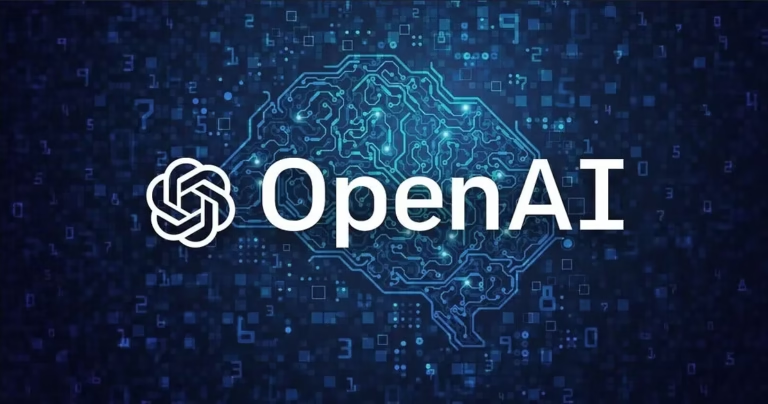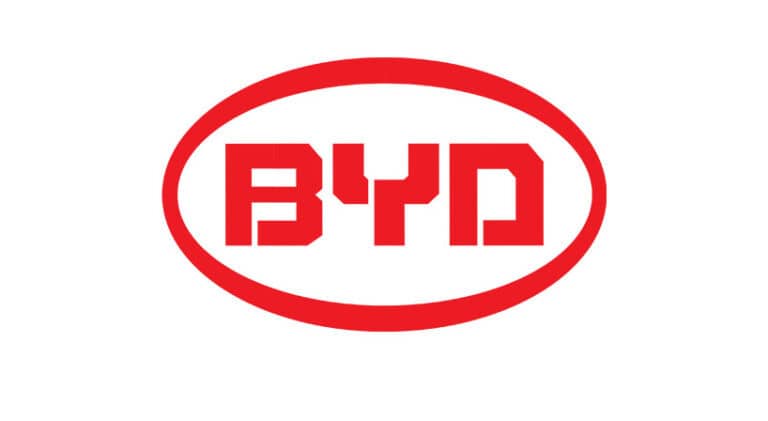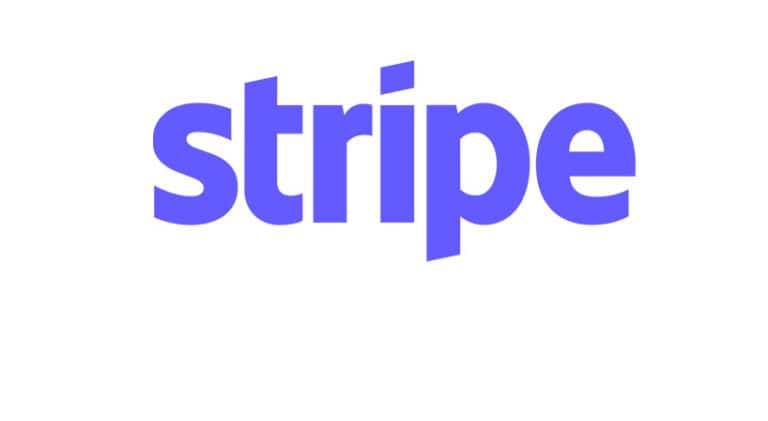1. Introduction
OpenAI has set the standard in machine learning and artificial intelligence, attracting top-tier engineers and researchers worldwide. Known for its commitment to developing AGI (Artificial General Intelligence) that benefits humanity, OpenAI looks for candidates with strong technical abilities, a deep commitment to ethical AI, and the adaptability to thrive in a fast-paced environment. Landing an ML engineering role here involves a rigorous interview process, designed to test technical expertise, problem-solving capabilities, and alignment with OpenAI's mission. This guide will help you prepare for your Ace Your OpenAI ML with confidence.
This blog covers the types of questions you’ll encounter during OpenAI’s interview process, strategies to tackle each, and a breakdown of key concepts to master. We’ll also explore how InterviewNode can enhance your preparation for success.
2. Understanding OpenAI’s Interview Process
2.1 Recruiter Screening
The first step, the recruiter screening, is an opportunity to introduce your background, motivations, and career goals. Recruiters will assess your alignment with OpenAI’s culture, looking for a clear interest in its mission and values.
Questions to Expect:
Background and Motivation:
“What’s your background in machine learning, and how did you become interested in AI?”
“Why do you want to work at OpenAI, specifically?”
Project Experience:
“Tell us about an ML project you’re proud of and the impact it had.”
“Have you worked on projects that involve ethical considerations in AI? What challenges did you encounter?”
Mission Alignment:
“What part of OpenAI’s mission to create AGI resonates most with you?”
Tips for Success:
Clearly articulate your ML journey and connect it to OpenAI’s mission.
Be specific about your project contributions, using real metrics and outcomes.
Practice expressing your commitment to ethical AI through concise examples.
2.2 Technical Screening
The technical screening phase often involves a coding test and Q&A session covering ML fundamentals, algorithms, and data handling skills. You may be asked to demonstrate both conceptual understanding and hands-on coding skills.
Common Questions:
ML Concepts:
“Explain the concept of regularization in ML, and discuss L1 vs. L2 regularization.”
“What’s the difference between a decision tree and a random forest? In which scenarios would you choose one over the other?”
“How does gradient descent work, and how might you optimize it for large datasets?”
Data Handling and Preprocessing:
“Describe the steps you would take to handle missing data in a dataset.”
“How do you handle class imbalance in classification problems?”
Coding:
“Implement k-means clustering from scratch in Python.”
“Write a function that calculates the cross-entropy loss for a given set of predictions and actual values.”
Preparation Tips:
Practice coding solutions without relying on libraries to build algorithmic confidence.
Review foundational ML concepts and how to implement them from scratch.
Familiarize yourself with popular ML algorithms and understand their real-world applications.
2.3 On-site Interviews
On-site interviews, often virtual, delve deeply into technical challenges, system design, and practical ML applications. This phase generally includes multiple rounds: coding exercises, system design, and collaborative coding sessions.
Example Questions:
System Design:
“Design a scalable recommendation engine for a social media platform with millions of users.”
“How would you architect a pipeline to train a real-time fraud detection model?”
“Discuss the challenges of model deployment in a cloud environment and how you would address them.”
Coding Challenges:
“Write an algorithm to predict the next word in a sentence using a basic recurrent neural network.”
“Implement a function that calculates the cosine similarity between two vectors.”
Collaborative Coding:
“Working with a partner, build a function that can sort and cluster images based on their visual similarity.”
Preparation Tips:
Practice pair programming with a friend or coach to simulate collaboration.
Study architectural patterns for scaling ML systems, including data ingestion and processing.
Review real-world examples of ML deployment, including cloud and on-device ML, to discuss the pros and cons effectively.
3. Core Technical Questions for ML Engineers at OpenAI
3.1 Machine Learning Theory
Questions in this category often address fundamental ML concepts, from model evaluation and feature engineering to algorithmic choices and biases.
Key Questions:
“Describe the concept of the bias-variance tradeoff in supervised learning.”
“What is cross-validation, and why is it important? Describe the different types of cross-validation.”
“Explain ensemble learning and when you would use techniques like bagging vs. boosting.”
3.2 Probability & Statistics
Probability and statistics underpin much of machine learning, and interviewers may test your knowledge of concepts like distributions, hypothesis testing, and statistical significance.
Common Questions:
“Explain the concept of p-values and their use in hypothesis testing.”
“Describe how you would handle multiple hypothesis testing and avoid Type I errors.”
“What is the central limit theorem, and why is it important in statistics?”
Study Resources:
Books like Introduction to Statistical Learning and online courses in probability.
Practice problems on Interview Query or Khan Academy to reinforce statistical concepts.
3.3 Data Engineering Skills
Data engineering questions test your ability to work with and preprocess large datasets effectively. Skills in ETL processes, SQL, and data management are highly valued.
Typical Questions:
“How would you set up an ETL pipeline for handling data in real time?”
“Explain the use of data lakes vs. data warehouses for storing training data.”
“How would you manage data versioning for multiple ML model iterations?”
4. System Design and Applied Machine Learning Scenarios
System design questions test your skills in creating scalable, reliable ML systems that work under real-world conditions.
Sample System Design Questions:
“Design a recommendation system capable of handling millions of daily users. Consider caching, data storage, and scalability.”
“How would you create a pipeline to clean, preprocess, and load data in a real-time sentiment analysis model?”
“Describe a microservice architecture for serving a trained ML model in production.”
Real-World Case Studies
OpenAI interviews often include practical scenarios based on real-world challenges. This might include designing prediction algorithms or solving complex data challenges.
Sample Questions:
“If you were to create a demand forecasting model for a delivery service, what data would you need, and how would you structure the model?”
“How would you approach building a fraud detection model for an online marketplace?”
“Describe how you would build a model to recommend news articles based on user reading history.”
Preparation Tips:
Work on open datasets from platforms like Kaggle to practice end-to-end model building.
Familiarize yourself with case studies and business applications of ML algorithms.
5. OpenAI-Specific Topics
5.1 AI Safety and Ethics
OpenAI takes AI safety seriously, so expect questions about handling adversarial attacks, reinforcement learning with human feedback (RLHF), and ethical AI considerations.
Example Questions:
“How would you prevent adversarial attacks in an image recognition system?”
“Describe how you would use RLHF to improve the accuracy of a chatbot.”
5.2 AGI (Artificial General Intelligence)
You may also encounter questions on AGI, covering both ethical and technical considerations.
Sample Questions:
“What are some potential risks of AGI, and how might we mitigate them?”
“Describe how you think OpenAI’s mission to ensure beneficial AGI impacts the industry and society.”
6. Behavioral and Situational Questions
Behavioral questions focus on teamwork, adaptability, and ethical considerations, often through real-life scenarios.
Sample Questions:
“Describe a time when you faced a technical challenge you weren’t sure how to solve.”
“Tell me about a situation where you had to mediate between conflicting project goals.”
“How do you stay up-to-date with ML advancements?”
7. Additional Resources and Practice Questions
Recommended Reading:
Deep Learning by Ian Goodfellow, Yoshua Bengio, and Aaron Courville for ML and deep learning fundamentals.
Designing Data-Intensive Applications by Martin Kleppmann for system design and scalability insights.
Hands-On Machine Learning with Scikit-Learn, Keras, and TensorFlow by Aurélien Géron for practical ML implementation techniques.
Artificial Intelligence: A Guide for Thinking Humans by Melanie Mitchell for understanding AI ethics and broader AI discussions.
Online Practice Resources:
Leetcode and HackerRank for coding problems focused on Python and data structures.
Interview Query and Exponent for mock interview simulations and ML-specific problems.
Kaggle for end-to-end project practice on real-world datasets, with resources in everything from feature engineering to model deployment.
confidence needed to excel in OpenAI’s unique interview process. Best of luck on your journey toward joining OpenAI's innovative team and contributing to the future of AI.
8. How Can InterviewNode Help?
InterviewNode offers tools and resources tailored to each stage of the OpenAI interview process, from technical to behavioral preparation:
Technical Skill Enhancement: With curated coding challenges, InterviewNode helps candidates practice key data science and ML coding problems.
Mock Interviews and Feedback: InterviewNode provides one-on-one mock interviews simulating the OpenAI format, complete with real-time feedback to improve performance.
System Design and Case Study Practice: Gain hands-on practice designing ML systems and solving case studies that reflect OpenAI’s real-world challenges.
AI Safety & Ethics Preparation: Specialized content in AI safety and ethics helps candidates articulate OpenAI’s mission-aligned responses.
Behavioral Coaching: Receive guidance on behavioral responses that align with OpenAI’s values and learn how to demonstrate teamwork, adaptability, and commitment to ethical AI.
By leveraging InterviewNode’s structured resources, you can feel confident tackling each part of the OpenAI interview process with the practical insights and polished skills needed to succeed.






